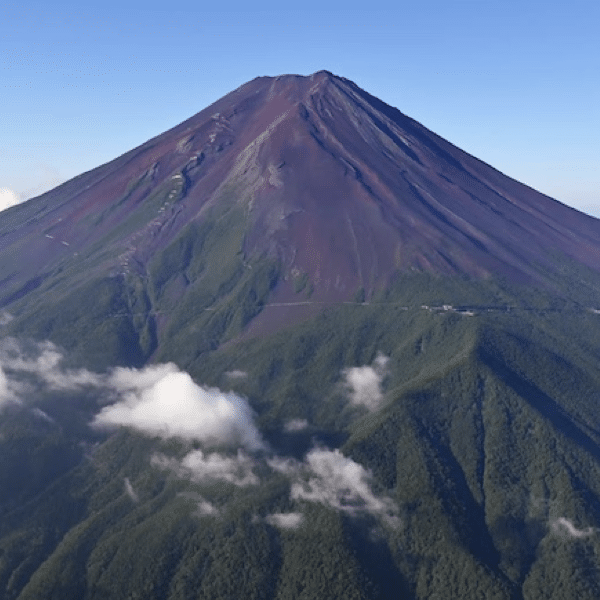Proving that not all tears are alike, Maurice Mikkers showcases their beautiful varieties under a microscope. The Dutch photographer gathered his friends and spent an evening experimenting, asking them to come over and “pick a way they would like to cry.” Participants could choose from cutting onions, eating hot peppers, looking into a fan, or from emotion (like happiness and sadness). Mikkers then captured every shed tear with a micropipet and dispensed them on a slide. The results are a remarkable look at the scientific structure of crying.
There are three basic type of tears–basal, reflex, and psychic. Basal tears keep the eye lubricated, while reflex tears are triggered by irritants such as allergies. Psychic tears, which are perhaps the most well known, relate to profound emotion, like when you cry during a sad film. They're all composed of ingredients like oils, antibodies, and enzymes that are suspended in salt water.
Mikkers's photographs reveal a visual distinction between the types of tears. Cutting an onion yields a different result than what's produced by laughter or grief – their crystallized arrangements vary in density and pattern. But despite the origin, each image features incredibly intricate details that mimic elements of nature, like pine needles, snowflakes, and tree leaves. These intriguing similarities are a fantastic reminder of our intimate connection to this Earth.
 Basal Tear
Basal Tear
 Reflex Tear
Reflex Tear
 Psychic Tear
Psychic Tear
 Basal Tear
Basal Tear
 Reflex Tear
Reflex Tear
 Psychic Tear
Psychic Tear
 Reflex Tear
Reflex Tear
 Psychic Tear
Psychic Tear
 Reflex Tear
Reflex Tear
 Reflex Tear
Reflex Tear
 Reflex Tear
Reflex Tear
Maurice Mikkers: Website | Medium
via [Lost At E Minor]























































































